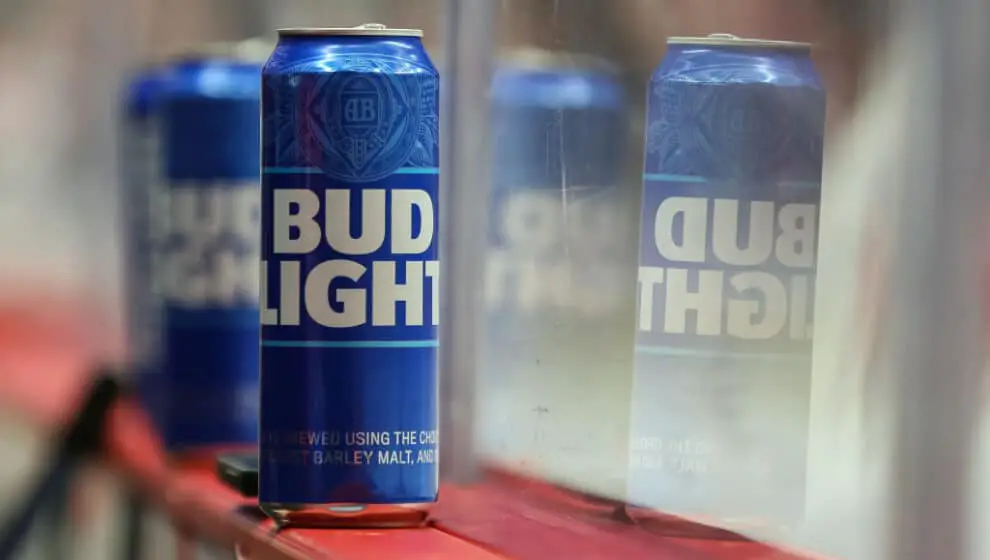Popular beer brand Bud Light is facing backlash from its customers after announcing a partnership with transgender influencer Dylan Mulvaney.
Key Details
- Near the end of the NCAA’s March Madness tournament, transgender influencer Dylan Mulvaney shared a sponsored post promoting Bud Light’s March Madness contest.
- Many customers have interpreted the sponsorship as a political statement, and videos began cropping up across the internet as former Bud Light fans threw the product out, poured it down the drain, or otherwise creatively destroyed the beer cans.
- Bud Light beer has long been associated with a more “macho” or “frat boy” brand, a very different look than the current marketing strategy.
- Since announcing the partnership with Mulvaney, Bud Light’s sales have taken a significant hit, suggesting that the collaboration has alienated the brand’s audience.
Why it’s news
An essential part of developing a marketing strategy is identifying a particular customer base and personalizing advertising to that demographic. When explaining the partnership with Mulvaney, Bud Light Vice President of Marketing Alissa Heinerscheid explained that she viewed the brand’s previous marketing strategies as “out of touch” and “fratty.”
“I’m a businesswoman, I had a really clear job to do when I took over Bud Light, and it was ‘This brand is in decline, it’s been in a decline for a really long time, and if we do not attract young drinkers to come and drink this brand there will be no future for Bud Light,’” Heinerscheid says in an interview with podcast Make Yourself At Home.
While it’s too soon to tell if Heinerscheid’s strategy will attract younger customers in the long run, it has dragged down the company’s overall sales for now. Restaurant and sports bar Case & Bucks owner Jeff Fitter says the effect on Bud Light sales was almost immediate.
“In Bud Light’s effort to be inclusive, they excluded almost everybody else, including their traditional audience,” Fitter says.
In the last week, Fitter says his sales of Anheuser-Busch bottled products declined 30%. Draft beer took an even bigger hit, dropping 50%. Other retailers saw a significant decline. Brewhouse owner Alex Kesaris told Fox News that of his regular Bud Light drinkers, nearly 80% ordered a different drink that week and added that “the 20% who did order the beer ‘weren’t on social media and hadn’t heard yet.’”
In Texas, a weekly dart league of over 100 players typically goes through three kegs of Bud Light at every event. This week, it sold four bottles, The Daily Wire reports.
Anheuser-Busch distributors have also started placing fewer orders for the beer after Mulvaney revealed the brand partnership, according to Beer Business Daily. Anheuser-Busch distributors appear to be anticipating a drop in demand, particularly in rural and southern areas.
Bud Light is not the first major company to make a marketing misstep, and it will not be the last. Coca-Cola famously blundered with its “New Coke” campaign. While customers loved the traditional Coke recipe, the company struggled in the stock market. The new campaign was a disaster with customers who preferred the original recipe.
Pepsi later featured a commercial starring Kendall Jenner calming protests by handing out Pepsi—an advertisement many called out of touch. The message was supposed to promote peace and understanding, but it instead ignited a social-media firestorm.
Both companies, however, were able to overcome these missteps. Coca-Cola brought back classic Coke, and Pepsi quickly pulled the ad. It is still too soon to tell if the new Bud Light campaign will bring new consumers, but either way, the beer company will have some customers to win back.
